Recently, there has been concern mounting in the media around mold on coffee and the mycotoxins it produces. Since Birds and Beans co-founder and roast-master David Pritchard has a degree in microbiology, we thought he would bring some insight to the matter.
Most sources seem clear that this is not a problem in high quality coffee. Even coffee brands marketing low mycotoxin coffee acknowledge that high quality coffee has lower levels of mycotoxins.
It is widely understood that mold on coffee can result from improper storage. David conjectures that improper storage could, in some cases, be a problem for conventional commodity coffee where the standard of care may sometimes be lacking because price takes precedence over flavour.
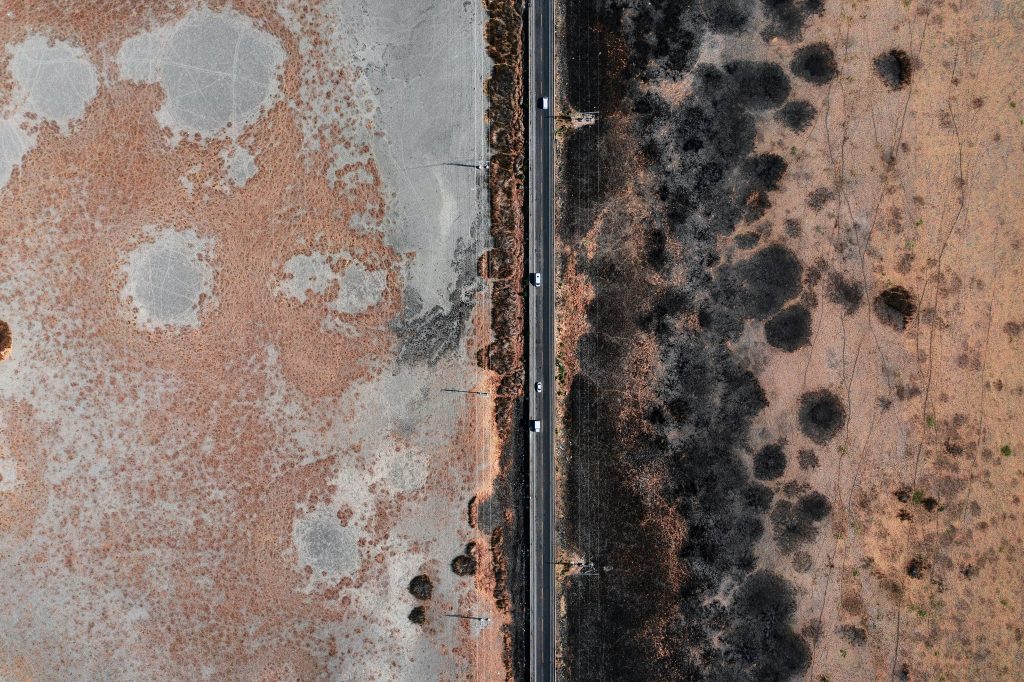
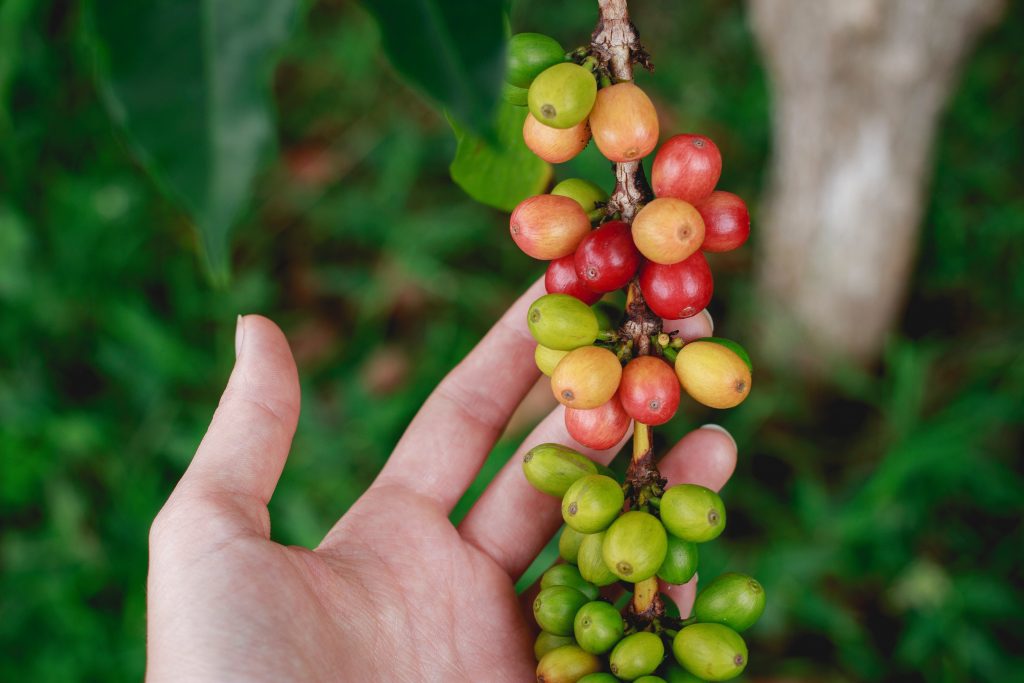
By contrast, we purchase only certified organic and bird friendly specialty grade arabica coffee: the highest grade of coffee available. This coffee is handled by experts at every stage, from growing through harvesting, drying, storing and shipping. And because it is certified organic, it is traceable from the coffee farm to you.
The standard of care for organic specialty coffee is extremely high. So high that a separate supply chain has been established to ensure certified organic coffee is never commingled with conventional coffee. This standard of care is devoted to preserving the unique “terroir” of the coffee (preserving the characteristic taste and flavour imparted to a coffee by the environment in which it is produced). It requires much more meticulous care than does conventional coffee used by coffee chains and big brands. “The bar [for specialty coffee] is set miles higher than ever allowing mold to grow on it!” says David.
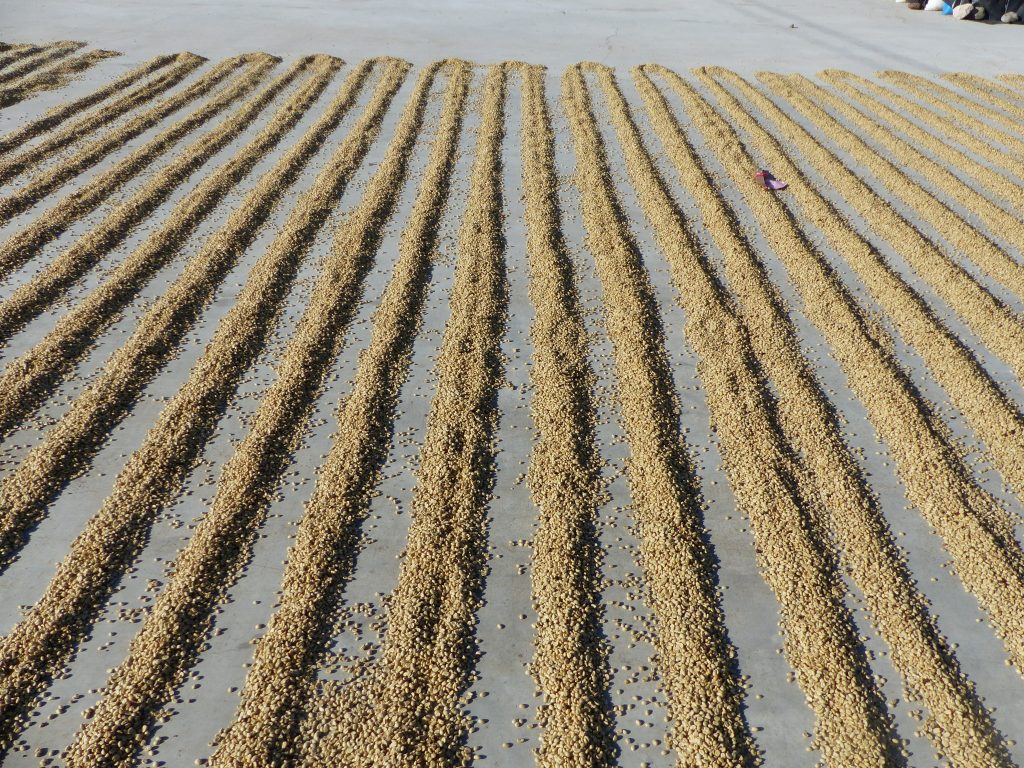
The need to remove moisture from green coffee is well understood and practices to prevent it are routine in specialty coffee processing. If mildew takes hold a crop is ruined. There is coffee terminology for the faults it creates in the cup like "baggy, "moldy" and "musty". Coffee with these faults would never pass cupping by importers of specialty grade coffee. Many measures are take to ensure that consistent drying avoids these faults. For example, the coffee on drying patios is shifted every 30-40 minutes and is shaped into long rows of no more than 5 cm in height. Wow!
The need to remove moisture from green coffee is well understood and practices to prevent it are routine in specialty coffee processing. If mildew takes hold a crop is ruined. There is coffee terminology for the faults it creates in the cup like "baggy, "moldy" and "musty". Coffee with these faults would never pass cupping by importers of specialty grade coffee. Many measures are take to ensure that consistent drying avoids these faults. For example, the coffee on drying patios is shifted every 30-40 minutes and is shaped into long rows of no more than 5 cm in height. Wow!
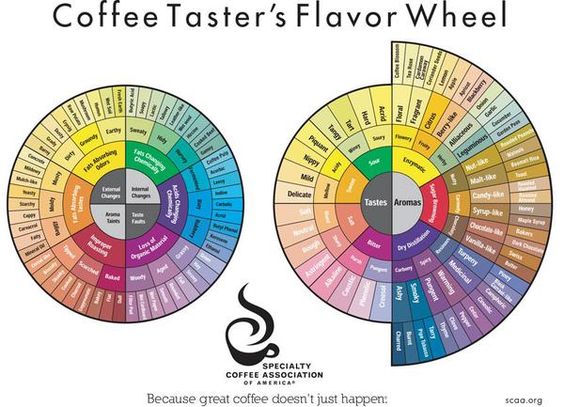
So where did all the publicity come from? “We don’t know” says David Pritchard. “I did a search of science journals and found 2 papers (1, 2) that concluded that since the levels of toxins found in random samples of lower quality conventional coffee test well below the EU safe limit, that testing our certified organic and bird friendly specialty grade arabica coffee is redundant.”
Other than the these scientific papers, everything we found in our searches amounted to unsubstantiated marketing claims by coffee brands and articles based on those claims. Even the brand that claimed to have its test results published on a public page does not actually disclose test results but instead makes a claim to be mycotoxin free. “I believe their coffee is mycotoxin free, just as our coffee is mycotoxin free” says David Pritchard. He continues: “The coffee cupping process for specialty coffee rejects coffee with faults. And mold is most definitely a fault.”
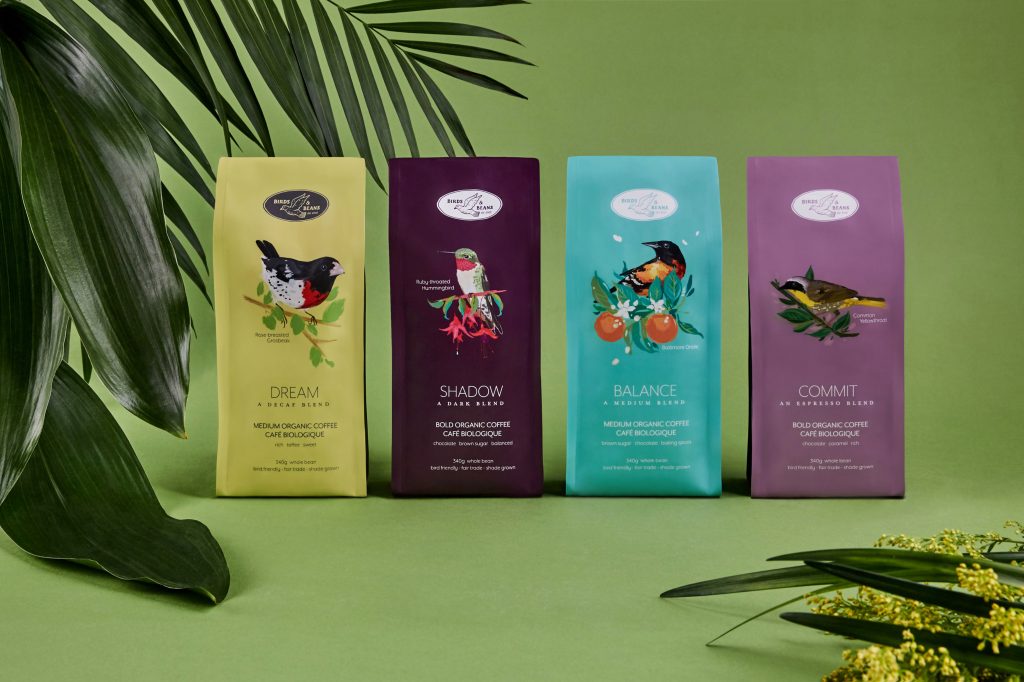
Conclusion
If you are drinking Birds and Beans coffee, or any specialty grade coffee, your coffee contains no meaningful level of mycotoxins.
So enjoy your mycotoxin free, specialty grade Arabica, certified organic and Bird Friendly, Fair Trade, incredibly delicious Birds and Beans coffee! We do every day.

